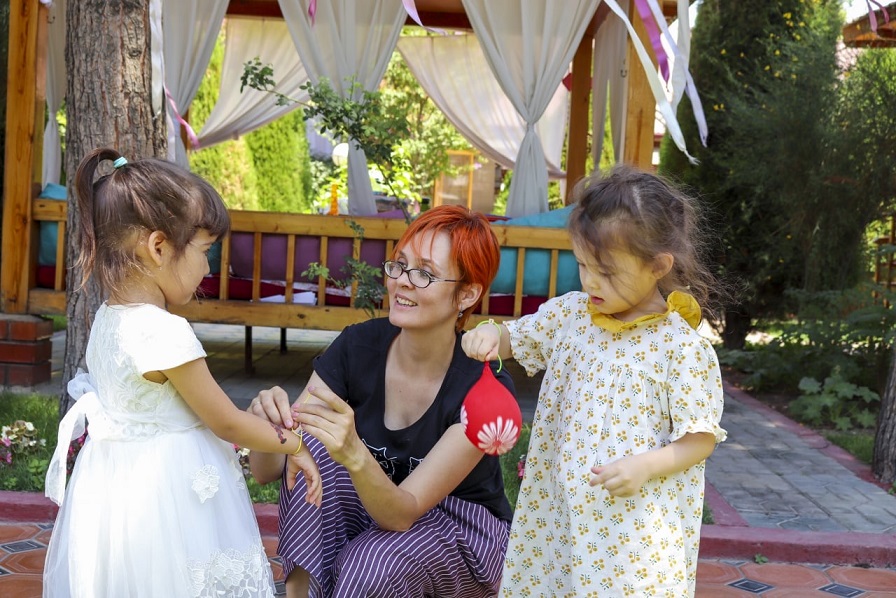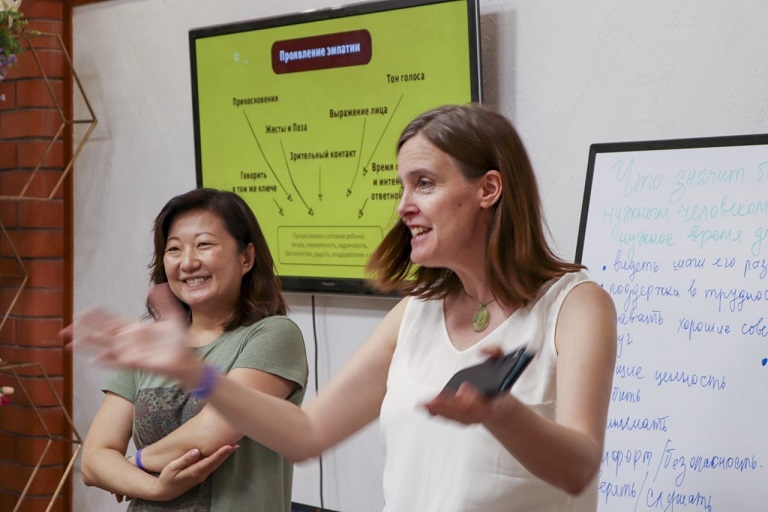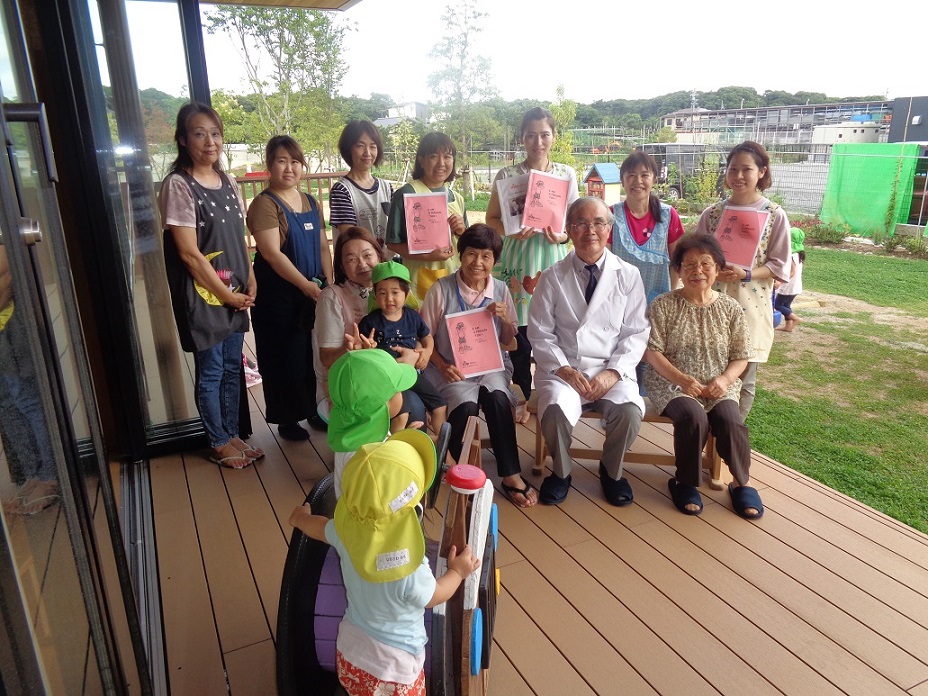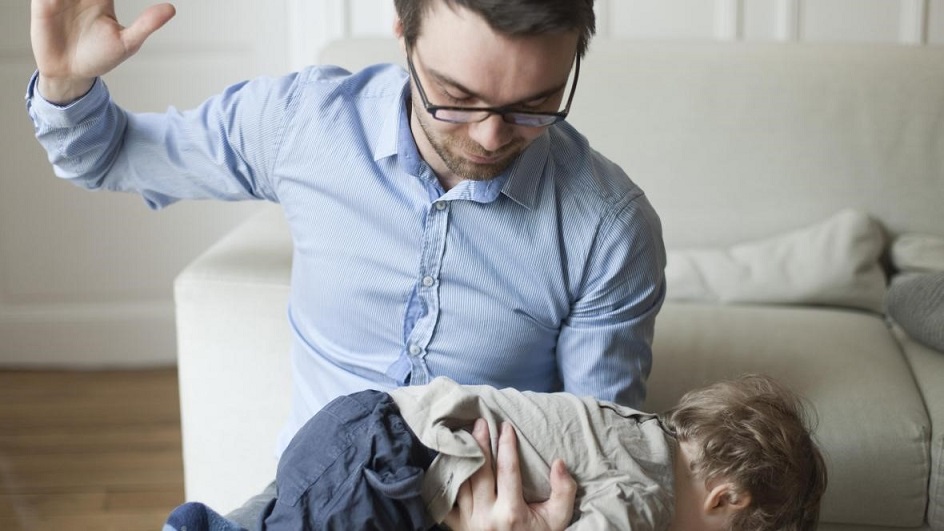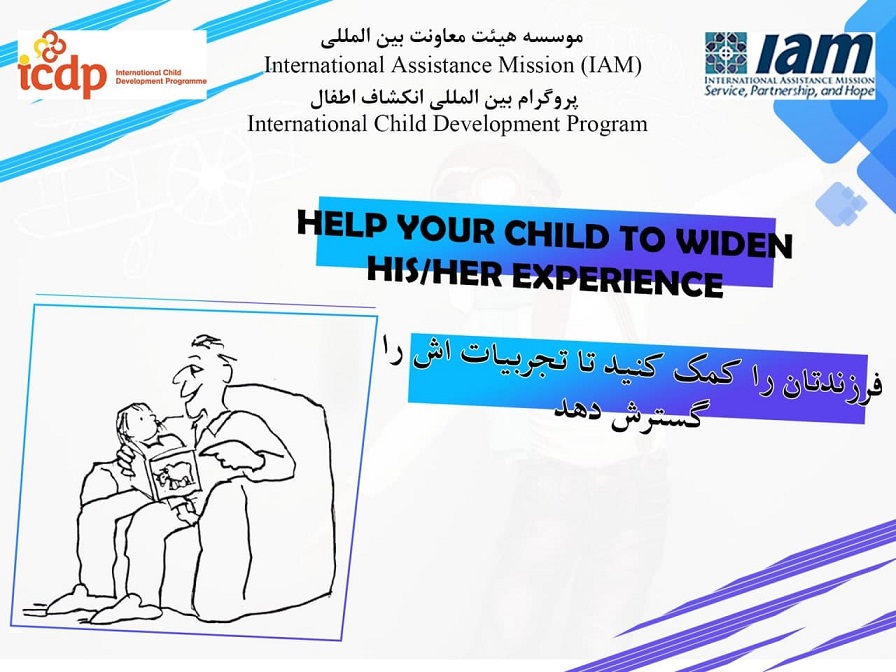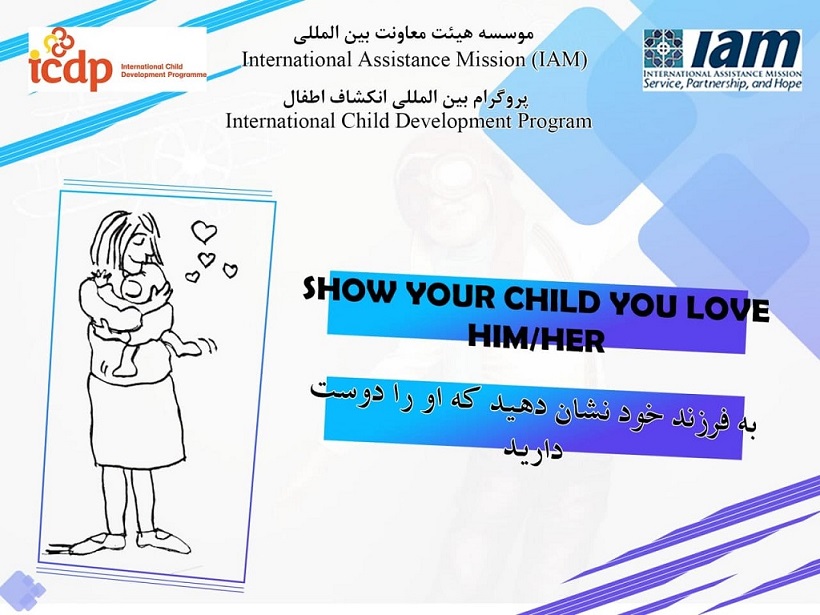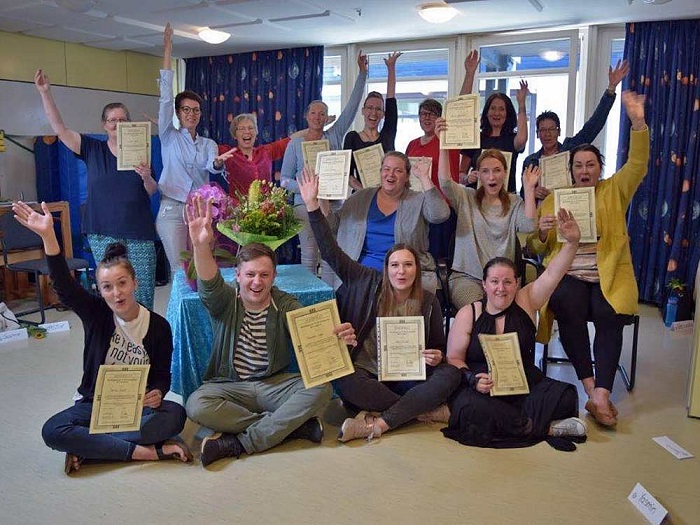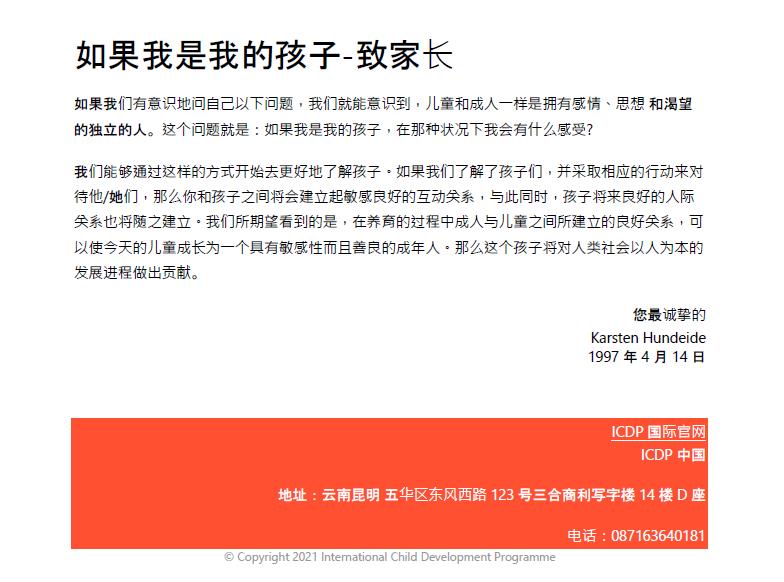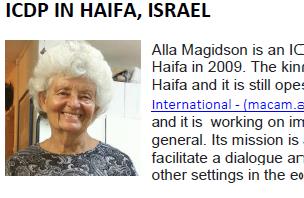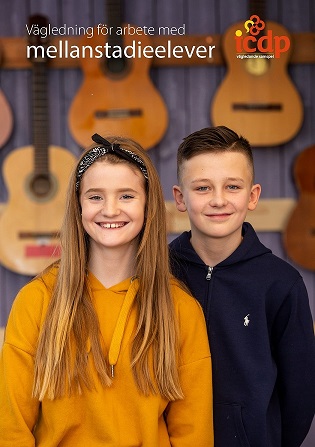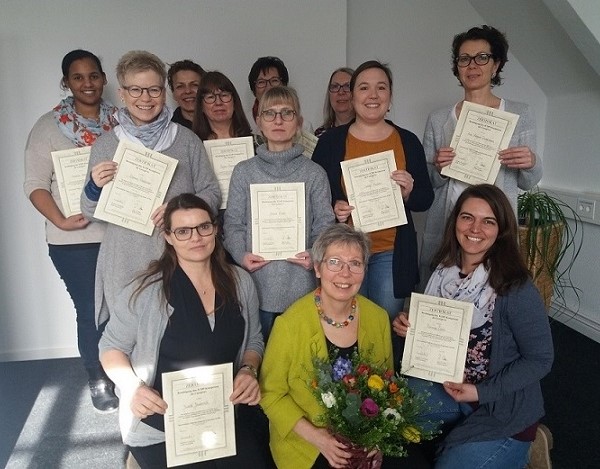Kat Lay Health Editor, Tuesday June 29 2021, The Times
Smacking children does not make them better behaved and is harmful, says a review of two decades of research.
It found that children subjected to physical punishment displayed increased behavioural problems, and that it was likely that smacking had caused the increase. This was true regardless of the child’s sex or ethnicity, or the family’s overall parenting style.
Studies did not find any improvement in children’s attention, cognitive abilities, relationships with others, reactivity to stress, social behaviour or social competence if they had been physically punished.
Experts said it was time for England and Northern Ireland to follow Scotland, Wales and 62 other countries by introducing an outright ban on physical punishment of children.
The Royal College of Paediatrics and Child Health and the National Society for the Prevention of Cruelty to Children are among groups that back a ban.
The paper’s lead author, Dr Anja Heilmann of the department of epidemiology and public health at University College London, said: “Physical punishment is ineffective and harmful, and has no benefits for children and their families. This could not be clearer from the evidence we present.”
The review, led by researchers at UCL and published in The Lancet, looked at 69 studies following children over time. The review searched for links between physical punishment and outcomes, including children’s behaviour, attention and relationships.
Heilmann said: “We see a definitive link between physical punishment and behavioural problems such as aggression and antisocial behaviour. Physical punishment consistently predicts increases in these types of behavioural difficulties. Even more worrying are findings that children who are the recipients of physical punishment are at increased risk of being subjected to more severe levels of violence.”
She said that physical punishment violated children’s rights and that countries should honour obligations under the United Nations Convention on the Rights of the Child, which is clear that children should have the same protection against violence as adults.
“This means England and Northern Ireland should follow the example of Scotland and Wales and give children equal protection in law,” she said.
In England and Northern Ireland parents are not allowed to smack children unless it amounts to “reasonable punishment”, a measure that takes into account how old the child is and the force used. Any smack that leaves a mark such as a bruise or graze could mean a prosecution for assault.
Scotland and Wales removed the defence of reasonable punishment.
Professor Elizabeth Gershoff of the University of Texas at Austin, a senior author of the review, said: “Our research found clear and compelling evidence that physical punishment does not improve children’s behaviour but makes it worse.”
The studies looked at smacking, spanking and slapping. Researchers excluded severe forms of physical punishment such as hitting a child with an object, hitting them on the face or head, or washing out their mouths with soap.
Joanna Barrett, NSPCC associate head of policy, said: “It cannot be right that in 2021 children are the only group in society that it is legally acceptable to assault in England. The case for reform is beyond doubt.” She said Westminster was “behind the curve” and needed to give children in England the same protection as elsewhere in the UK.
THE LANCET:
https://www.thelancet.com/pdfs/journals/lancet/PIIS0140-6736(21)00582-1.pdf
